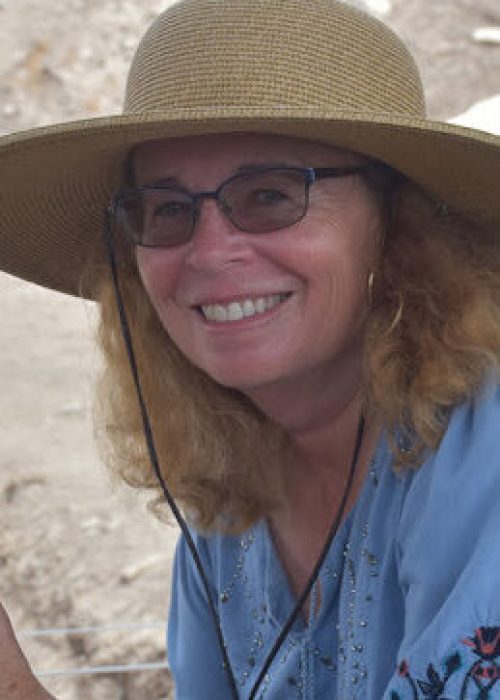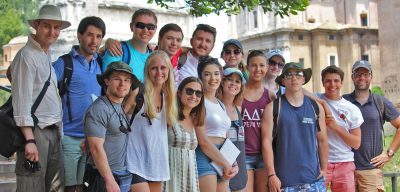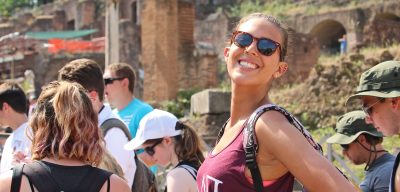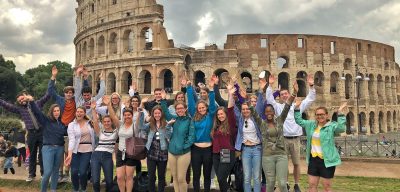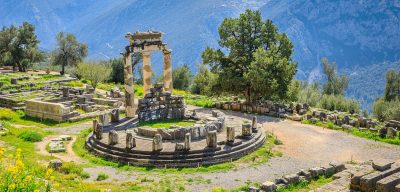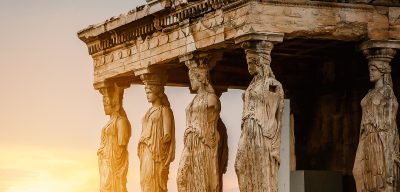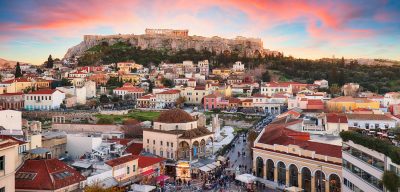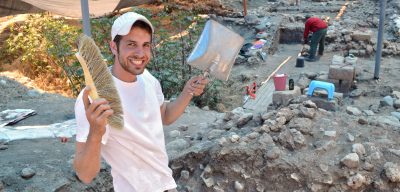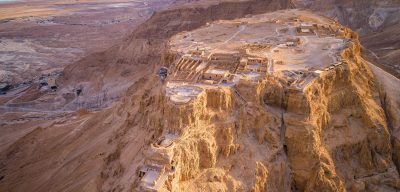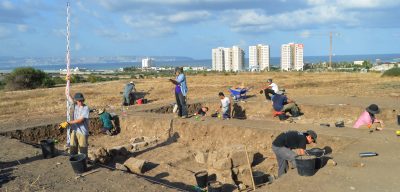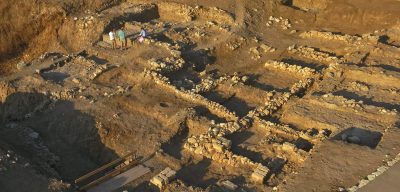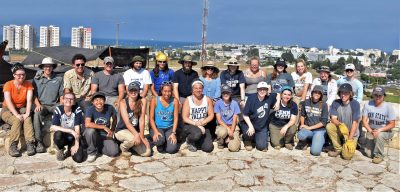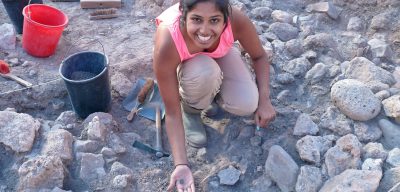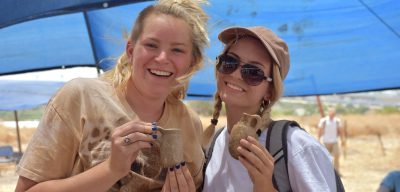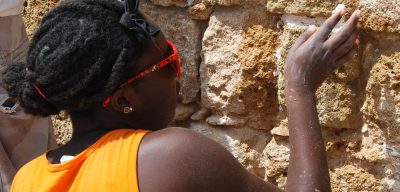The Department of CAMS offers a variety of outstanding study-abroad programs. After consultation with an academic advisor, students may apply to these programs through Penn State Education Abroad in the Office of Global Programs.
Click a location on the map to learn more about the program!
The Department of CAMS offers a variety of outstanding study-abroad programs. After consultation with an academic advisor, students may apply to these programs through Penn State Education Abroad in the Office of Global Programs.
Click a location on the map to learn more about the program!
The Department of CAMS offers a variety of outstanding study-abroad programs. After consultation with an academic advisor, students may apply to these programs through Penn State Education Abroad in the Office of Global Programs.
Click a location on the map to learn more about the program!
Rome
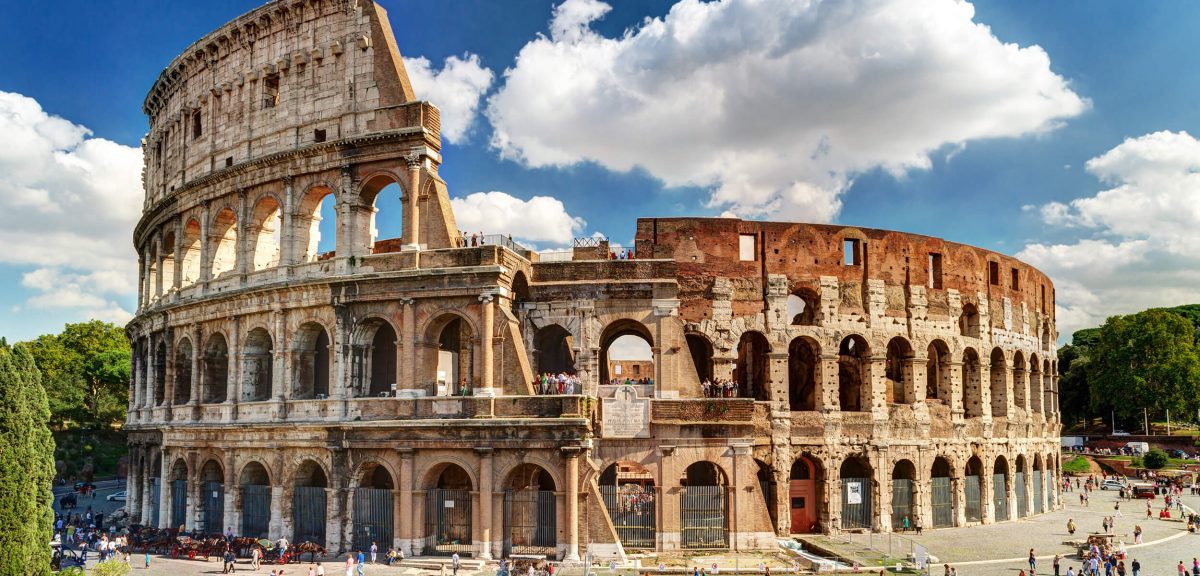

The Penn State summer program in Rome: Study Tour of Roman History and Archaeology, gives you an in-depth experience of the living capital of Italy today and of the ancient capital of an empire that spanned from Britain to Arabia. The rich history of Italy is on display in Rome and its museums, and the ancient Roman past almost comes to life in the harbor town of Ostia and in the spectacular ruins of Pompeii and Herculaneum around the Bay of Naples. The impressive temples of Paestum reveal the Greek past of Roman Italy. Make Rome and Italy part of your Penn State experience!
Every summer, in the last week of May and the first two weeks of June, a faculty-led Penn State program takes students to Rome for a full program of travel and study among the monuments of Rome and nearby Roman and pre-Roman Italy. Expert faculty lead you through the standing remains of the ancient Roman capital, while each student becomes an expert on a special monument in the city. You will understand the history of Rome and its empire in a way not possible in books or in the classroom. The 18-day program offers 3 credits at the 100-level, with the option to write an in-depth research paper and receive an additional 3 credits at the 400-level. In addition to the city of Rome, the program takes you to Ostia, the well-preserved port of Rome by the mouth of the Tiber River. A four-day trip to the Bay of Naples takes you to Sorrento, near Capri, to the archaeological museum of Naples, and to the cities buried by Mount Vesuvius in 79 CE, Pompeii and Herculaneum. A visit to the Greek and Roman town of Paestum is included, where you will see some of the best-preserved Greek temples in the world.
The program is based in a centrally located hotel, with convenient restaurants and services nearby and within walking distance of all major monuments of the city. Students have most afternoons free to explore on their own. Travel within Italy is easy by train, and after the program it is possible to visit other parts of the Mediterranean and Europe.
Athens
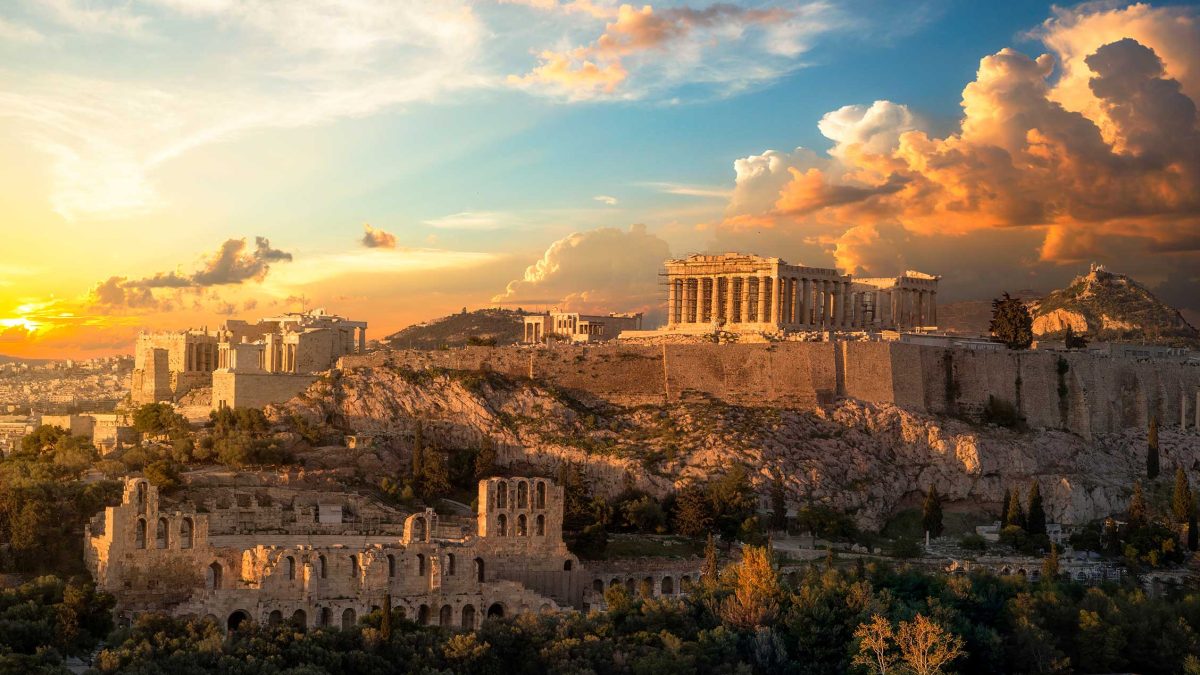


Since 1989 this faculty-led program has been taking students to Athens for a spring semester devoted to Greek culture from antiquity to the modern day. Under the guidance of the program faculty leader and through the program’s partnership with College Year in Athens, students take courses in such topics as Greek archaeology and art, the origins of philosophy and rhetoric, Greek drama and poetry, and in a variety of subjects in the humanities and social sciences offered by the College Year in Athens. Classes will introduce students to the monuments of Athens, where democracy, theater, philosophy, art and architecture all flourished. Study tours take students to major historical sites around Greece: Sparta, the home of Helen and training ground of the most formidable warriors of ancient Greece; Mycenae, the fortified citadel of the legendary king Agamemnon; Knossos, the labyrinthine palace and legendary home of King Minos on the island of Crete; Olympia, sanctuary of Zeus and home to the first Olympic games; Delphi, where the Pythia delivered oracles to kings and commoners who gave gifts of thanks to be displayed in Apollo’s sanctuary.
Students may enroll for 12-18 credits (15 credits recommended) for their coursework during the program. Courses may include an introduction to modern Greek or instruction in ancient Greek or Latin. Courses satisfy CAMS and general education requirements, and several are cross-listed in history, art history, and in other departments, depending on course choices available in a given year. If 18 credits are taken in CAMS-related subjects, with one additional 3-credit course taken before or after the program, students may earn a Minor in CAMS. It is recommended but not required that students take CAMS 25 Greek Civilization or CAMS 100 Greek History before the program.
Classes are held at the College Year in Athens (CYA), a teaching institute in the neighborhood of Pangrati, next to the Panathenaic Stadium and about a mile from the center of the city and from the Acropolis. With the support of the CYA staff, students live in nearby, furnished private apartments, experiencing day-to-day living in a modern Mediterranean city.
For further information, contact Professor Mark Munn.
Inactive Programs
Tel Akko

This 6-credit archaeological field school at Tel Akko integrates the multifaceted aspects of twenty-first-century archaeology and introduces students to the history and culture of Israel—past, present and future. Located on the Mediterranean Sea, the UNESCO World Heritage site of Acre/Akko/Akka is the focus of this unique and cutting-edge archaeological field school. Throughout its history, Akko has served as a major maritime center and emporium for the ancient world. Bronze and Iron Age Akko appears prominently in ancient Egyptian, Ugaritic, Assyrian, Classical and biblical accounts. Known locally as Napoleon’s Hill, excavations on this ancient mound, have uncovered remains of Canaanite, “Sea Peoples,” Phoenician, Persian, Greek and Hellenistic culture. During more recent times, it has entered history as the city that withstood Napoleon’s two-month siege and marked the end of his campaign to conquer the Middle East. Today Akko is a major tourist destination, well-known for its picturesque and historic Ottoman period town that is constructed on the ruins of the best-preserved Crusader city in the world. This summer program is cross-listed and fulfills Classics and Ancient Mediterranean studies, Jewish studies and anthropology degree requirements.
The archaeological field school is led by Ann E. Killebrew, co-director of the Tel Akko excavations and Penn State faculty member. The academic program encompasses archaeological field methods, a general overview of the history and material culture of ancient Israel and hands-on artifact processing. In addition to excavating on Tel Akko, students design their own field school experience and can select from a variety of courses and disciplines. These include survey, GIS (Geographic Information System), 3D photogrammetry/documentation, landscape archaeology, archaeological sciences, conservation and community outreach. Lectures, workshops, lab work, and field trips to archaeological sites and museums complement the fieldwork. An additional (optional) 3-credit pre-or post-excavation independent study/internship is available. Intermediate and advanced levels of archaeological fieldwork are also offered.
Students participating in the Tel Akko Field School reside at the Israel Nautical College, located in the modern city of Akko on the Mediterranean Sea. The rooms are dormitory style, featuring full board accommodations with three to four students per room.
For details about the Tel Akko Field School, contact Professor Ann E. Killebrew (aek11@psu.edu).
